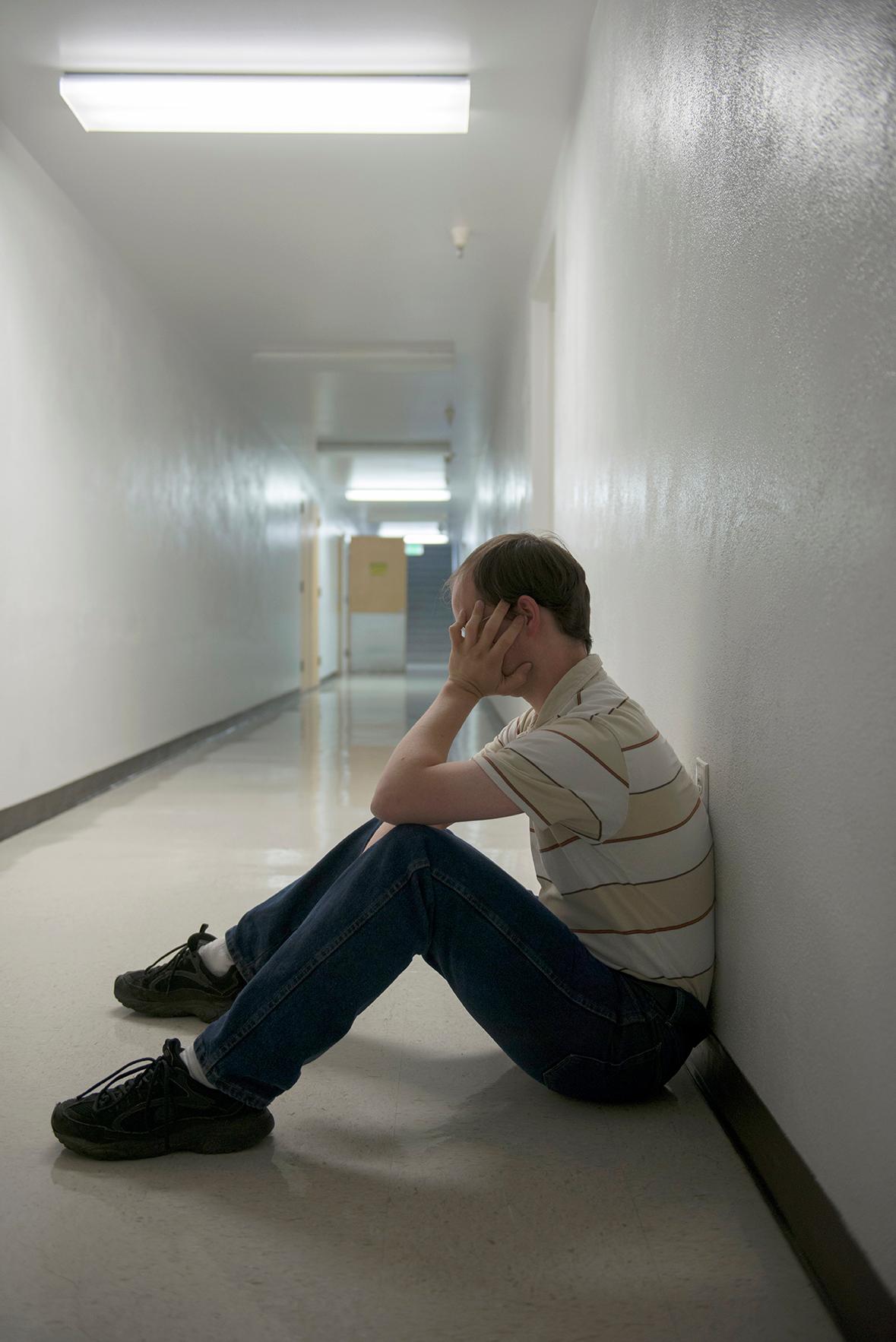Life support
September is suicide prevention month, but exactly what that means depends on the individual, according to David Bush, director of Counseling and Psychological Services.
According to Bush, there is really no such thing as suicide prevention.
“You can’t predict with any degree of reliability who will take their life and who will not,” he said.
Bush said a better term for the topic is life enhancement.
“It makes a lot more sense to help a person discover reasons to live than to think that we can control whether they take their life or not,” he said.
“When we give people the dignity and respect to make choices about what to do with their own life, rarely, if ever, will they actually take their life,” he said.
Bush said he supports a study done at the University of Utah by M. David Rudd, which shows in nearly every case where somebody contemplated suicide, they didn’t go through with it because somebody showed an interest in them.
“When we spend time with the individual, showing that we care, then often they can find a reason to continue living,” Bush said.
Rudd’s project involved talking with people who prepared to jump from the Golden Gate Bridge and those who did jump from the bridge but survived.
“What they found from talking with these folks is that they just wanted to know if anyone cared,” Bush said.
Bush said the idea that talking about suicide is taboo in our society is a problem.
There is video footage of dozens of people walking past a person perched ready to jump on the bridge without saying anything, Bush said.
“They don’t even say, ‘Are you OK? Can I help you?'” he said.
When there is nothing done about the situation, it increases the chances the person will actually go through with the act of committing suicide, Bush said.
“I think it is that indifference that reinforces a person’s desire to take their life,” he said.
From his experience at USU, Bush said the circumstances are not any different here than the study at the Golden Gate Bridge.
“When I visit with students who are thinking about suicide, very rarely do they actually want to die,” he said.
Bush said the students simply want to take a rest from life. They just want to go to sleep.
“They tell me they are tired and emotionally exhausted,” he said. “Sometimes for a long time, and sometimes just temporarily.”
Bush said most of the student’s he sees bring themselves in for help although some are referred by a family member, friend, roommate or faculty member.
“The majority come in because they realize they need support with depression, anxiety, relationship concerns, or eating issues,” he said.
The counseling center can also help students who are concerned about a loved one.
“Sometimes we have entire apartments of roommates come in here to work through something together,” Bush said.
In on-campus housing, resident assistants are given special training to know what signs to look for in a student who may be considering suicide.
MaKenzee Drenker, a sophomore studying wildlife science and a resident assistant in Greaves Hall, said the biggest thing to look for is a sudden change from being depressed to acting like everything is okay.
“If all of a sudden they jump into a happy mode, it’s really not them,” she said. “They are finishing their last few days of just being happy.”
Drenker said if the resident assistants encounter a student they feel may be thinking about suicide, they are trained to seek help from other people with better training to help them deal with the situation.
“They will go with us to talk to the person because you never know what will happen if you go alone,” she said.
Bush said there are a variety of options on campus for students who feel they need some help.
“Every day we have a counselor on call,” he said. “So if a student is in crisis, they can walk in and be seen.”
Once the student gets through the initial crisis, they can usually think rationally, Bush said. This is especially true if the student is intoxicated or in other ways mentally impaired.
“In that case, it is irresponsible to let them go about taking their life,” he said. “We need to get them to a point where they are sober and can think straight.”
The counseling center also offers less drastic treatment such as group workshops on effective coping and stress management.
“Students can receive any level of help they need, and it doesn’t cost anything as long as you are taking six credits,” he said.
-ashlyn.tucker@aggiemail.usu.edu

